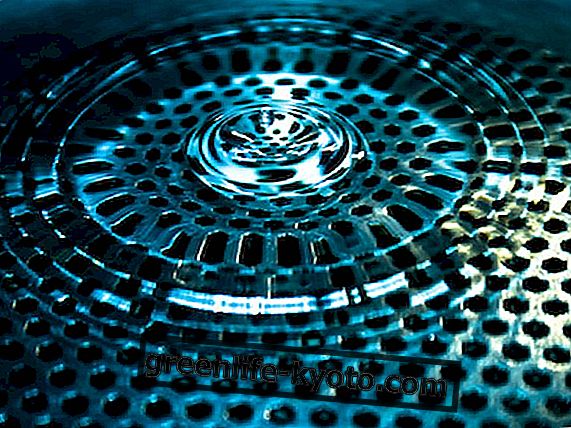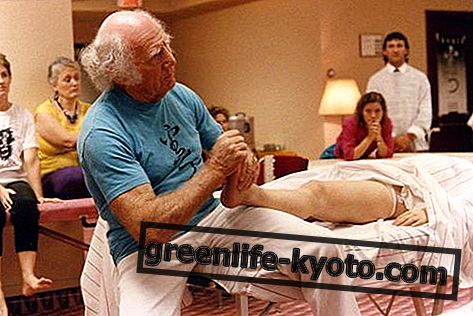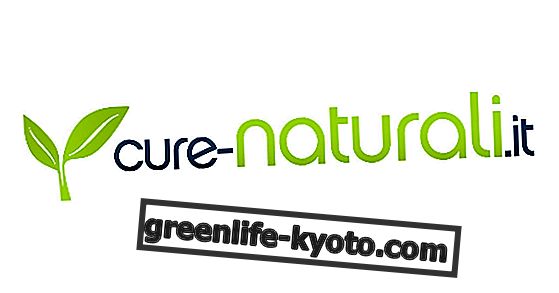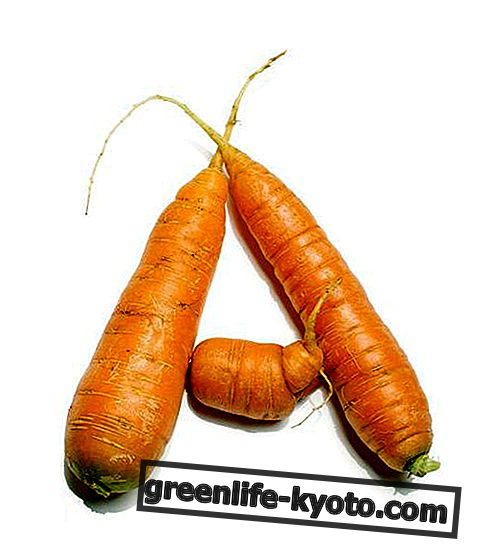
Vitamin B12 is an important element for our well-being and is introjected with nutrition. In the event that our diet is poor in certain foods (meat, eggs, milk and derivatives) or if there are difficulties in absorbing it at the gastric level, we could go into deficit of this important element and show symptoms that are not always clearly diagnosed. Let's look together at the specific what can happen to our organisms.
Vitamin B12 deficiency symptoms
Low levels of vitamin B12 can cause fatigue, fatigue, pallor, anemia. Sometimes this symptom is analyzed only as iron deficiency and folic acid is used .
It is fine but it is always important to first undergo an investigation that verifies the levels of Vitamin B12, so as not to silence a symptom in an improper way . In fact in general in these cases once the need to supplement Vitamin B12 is verified, Folic acid is also associated, in such a way as to rebalance these important components.
If instead only folic acid was used, the risk of vitamin B12 deficiency, which could lead to more serious pathologies, would be overlooked. Difficulty concentrating, tingling in the limbs, lack of balance, confused thinking can be alarm bells due to a serious impairment of the neurological system.
Vitamin B12: where is it?
Consequences of vitamin B12 deficiency
Pernicious anemia, for example, is a syndrome typical of B12 absorption deficiency, often due to the absence of intrinsic factor, a protein secreted by stomach cells that are destroyed by antibodies that behave abnormally, as happens in diseases autoimmune.
In this case a vicious circle is triggered so that the disease generated does not allow the absorption of Vitamin B12, and the failure to supply B12 further promotes this form of anemia.
With an important lack of Vitamin B12, the cardiovascular system can be fatigued, with difficulty breathing and increased compensatory beat.
Our nervous system needs Vitamin B12 ; it is an essential element for the repair of the myelin sheath, a protective sheath of nerve fibers that stabilizes electrical signals and directs them to their destination.
If it were not properly fed we would be faced with neurological difficulties that are often difficult to diagnose, such as confusional states, brief memory loss, coordination difficulties, incorrect reactive outputs, a sort of demented degeneration.
Vitamin B12 deficiency also affects the weakening immune system, the intestinal bacterial flora is impoverished, with a lack of protection of our organism towards even more trivial seasonal ailments.
How much vitamin B12?
We can introject the right daily dose of vitamin B12, equal to 2.5 micrograms (NRV), through already prepared supplements available at the pharmacy or in herbal medicine.
We can facilitate the correct intake with products that include the vitamin B complex, so as to also calibrate folic acid, vitamin B6, B1, B2, pantothenic acid, inositol, choline and niacin; a particular recommendation goes to those who practice a vegetarian or even vegan diet, and who have therefore excluded from their diet all those nutrients that provide vitamin B12, such as meat, fish, eggs, milk and dairy products.













